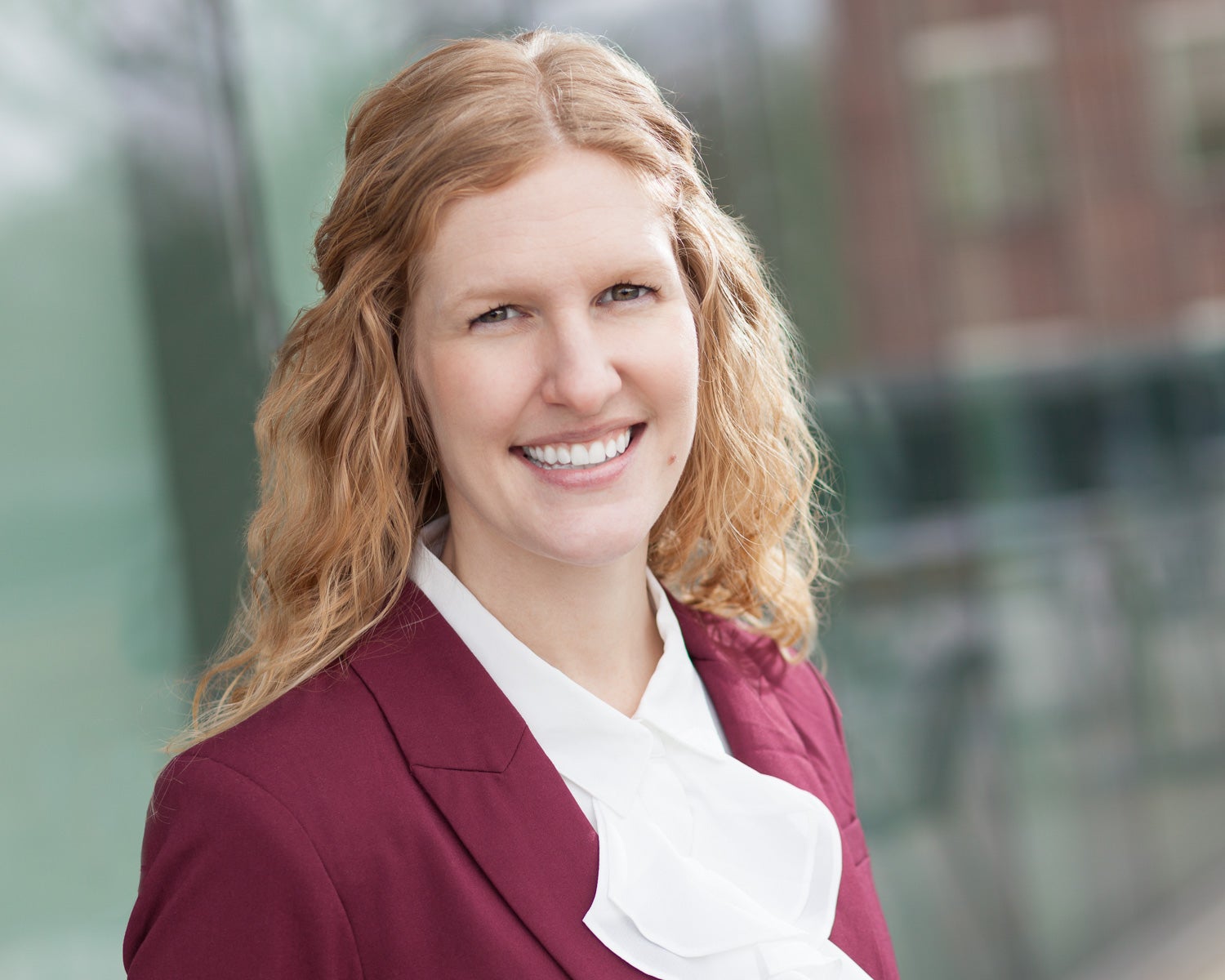Postdoctoral Fellowship in Health Equity Research – Dr. Caroline Efird
Dr. Caroline Efird is an interdisciplinary social scientist and educator who studies the health effects of the racialized social system of whiteness. Overall, her research and work seeks to deconstruct the inequitable systems that replicate oppression and supremacy so that researchers, healthcare practitioners, community members, and policy makers can effectively promote health equity.
Efird received her Ph.D. and MPH from the University of North Carolina at Chapel Hill Gillings School of Global Public Health in the Department of Health Behavior. Her most recent quantitative and qualitative research studies explore within racial group and between racial group variations in perceptions of mental health among White American and Black American residents of rural communities.
Formally trained in the humanistic inquiry method of oral history, Efird has also utilized oral history to examine critical issues that affect public health in rural communities. Her investigations into how whiteness can influence rural White Americans’ perceptions of health and healthcare policy have been published in Social Science and Medicine and The DuBois Review: Social Science Research on Race. Additionally, her work on how the loss of obstetric services affected perceptions of healthcare services in an Appalachian community was developed in collaboration with community members, published in the Journal of Appalachian Health, and shared with state-level legislators.
Prior to her career in public health, Efird earned a B.S. in Elementary Education from Appalachian State University and worked with children and families in public schools and non-profit settings for over 9 years.

